The Climatologist
(who switched from aerospace engineering after taking a climatology class and falling in love with Greenland)
What she saw during the pandemic:
an example of how quickly we can mobilize
What gives her hope:
“If we were to apply that same sort of sense of urgency to the climate change issues, we could really change things very fast.”
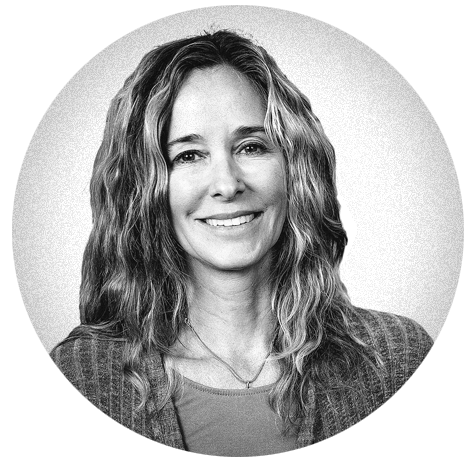
There’s the crunch of snow under each step of her insulated boots. And an eerie quiet, beyond the hum of the ship. In 24-hour darkness, -60 C and protective gear with built-in flotation—in case she falls through—scientist Julienne Stroeve navigates an icy planet few humans visit.
“It feels like you’re on the moon,” says the climate change expert, who was in the Arctic to investigate the ongoing saga of disappearing sea ice when the world’s other pressing crisis hit.
She went from an isolated 12 weeks aboard a German icebreaker to months of quarantine in her apartment in West London, England.
While travel restrictions kept her from returning to the University of Manitoba, where she is Senior Canada-150 Research Chair in Climate Forcing of Sea Ice, Stroeve found herself pondering how COVID-19 relates to the mission she has committed a career to.
“Being here in London, I’ve never seen the air quality so good. I mean, the sky is beautiful every single day,” she says. “I’ve seen two seals now in the River Thames. To me, the environmental impact of this is going to be quite astounding.”
We’re witnessing the first year in many without an increase in CO2 emissions—the last dip was during the 2008 financial crisis. But even if this shift temporarily postpones effects on sea ice melt in the Arctic, Stroeve says, one year of reduced emissions won’t dramatically change a trajectory that has us headed to reach a threshold by 2050 when the Arctic Ocean will, for the first time, be ice free.
Bigger action needs to happen, fueled by a pandemic that brought home the message it’s in our best interest to act, now. As one climate economist characterized it, the pandemic is “like climate change at warp speed.”
Stroeve is hopeful quarantine directives on such a mass scale have made people think about how they don’t need to consume so much, fly so often, or commute to work so regularly. She wants to keep that momentum going.
“It definitely shows us how quickly we can change our lifestyles if we really want to, if we have a need and a reason to,” she says. “People don’t think of the climate as an emergency, like they do a pandemic—that’s the problem. As humans, we tend to just not think about it until it actually happens and we’re faced with it. But then it’s going to be too late for many people.”
According to Stroeve, the disproportionate effects we’re seeing from COVID-19 is not unlike what we’ll see from a warming planet. Impoverished nations will be the ones who suffer most from changes in precipitation patterns—affecting where we can grow food and maintain supply—as well as rising sea levels, forcing populations from their homes. Borders may shut, leaving many behind.
“What makes me sad is it’s really the Western world that’s driving a lot of this and yet the developing world is going to have the most dire consequences.”
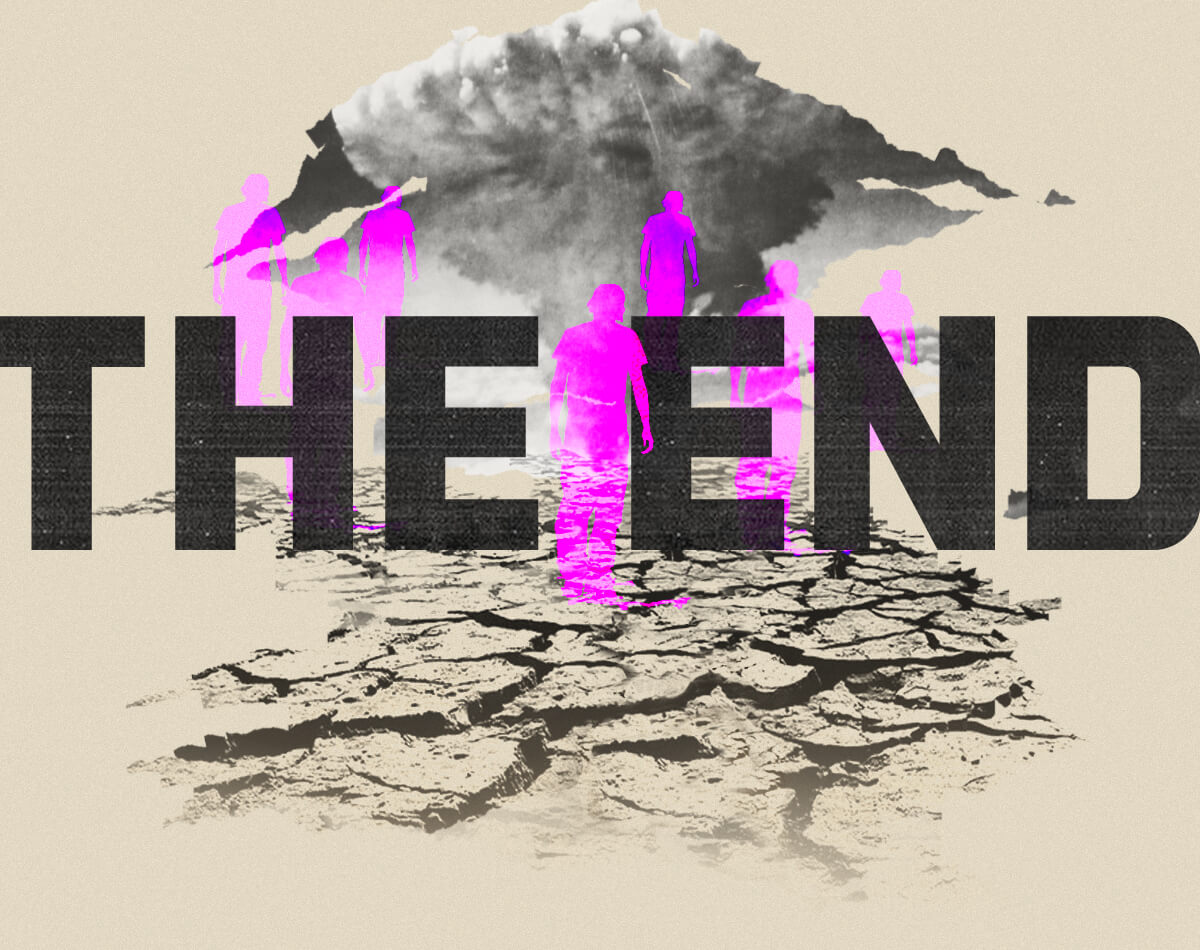
The Post-Apocalyptic Fiction Writer
(who insists “humanity is more fragile than some people are willing to admit”)
What he saw during the pandemic:
microcosms of dystopia coming to life
What gives him hope:
acts of goodwill that are innate to being human
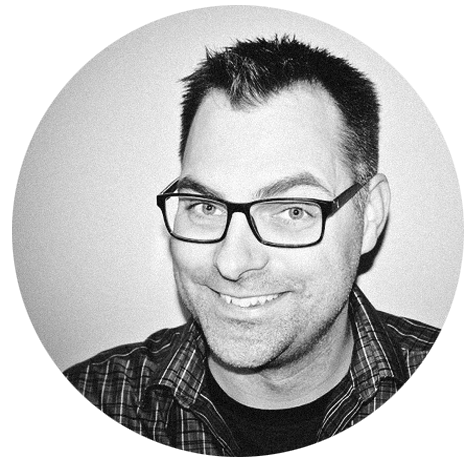
Jeremy Strong wasn’t surprised when the pandemic hit or that something other than COVID-19 would emerge as perhaps an even greater foe.
“What’s happening now just shows us that the virus isn’t our real enemy—in some way, it’s the divisions amongst us that is really the enemy,” says Strong [MA/14].
A recent grad student in UM’s English, Film and Theatre department, he has been reading about these fictional disaster scenarios, and the power plays that accompany them, since he was a kid with a Terminator poster taped to his wall—“a holy grail of sorts,” he jokes.
The purpose of dystopian literature like George Orwell’s 1984, Aldous Huxley’s Brave New World or Margaret Atwood’s The Handmaid’s Tale is to show us weaknesses in our systems, explains Strong, who once did a talk called “How Imagining the End of the World Could Help Us Save It.”
Whether these divides are based on socio-economics, gender or race, they reveal themselves in microcosms, affirming how we respond to a threat is as big of a deal as the threat itself.
“We’ve seen the best and the worst in people. But also the best and worst of governments as well,” he says.
Strong was deeply intrigued by the narrative unfolding when officials initially told Canadians we didn’t need to wear masks since they were ineffective, rather than explain they were concerned there wouldn’t be enough for front-line workers.
“I felt as though I was living in a dystopian novel, where my public officials were telling me something I knew to be false. For me, that was very surreal. That whole conversation—I just didn’t expect it to happen here in Canada.”
South of the border, he sees strong echoes of Stephen King’s The Stand, about a super flu that annihilates most humans.
“It’s kind of, in a nutshell, understanding the problems in America. It’s a two-party system that leads to binary division. It’s a good book for understanding…when people don’t get along, they will undermine each other and they will sabotage each other,” he says.
While sat among 5,000-plus novels in his home office—offering an escape into the worlds of zombie apocalypses, alien invasions, robot takeovers and the like—Strong says he’s convinced another pandemic will undoubtedly emerge from animal hosts in the next five or 10 years, as human development encroaches further into their habitats.
But we might also want to think about some other looming threats: a nuclear attack (which he predicts will happen within three decades) or an asteroid colliding with the planet. Neither make for popular dinner conversation.
“I mean, an asteroid striking is like a pandemic in the sense that inevitably, it’s going to happen,” he says. “I think human beings are good at picking the things we can’t control and pushing them—at least for now—into the collective subconscious.”
Danny Boyle’s 28 Days Later, where society collapses from a bloodborne rage virus
John Wyndham’s The Day of the Triffids, about man-eating plants and a blindness-inducing comet. While a ridiculous scenario, we can learn from the two distinct responses to extinction, insists Jeremy Strong. “It’s a really good example of the different ways we try and fail.”
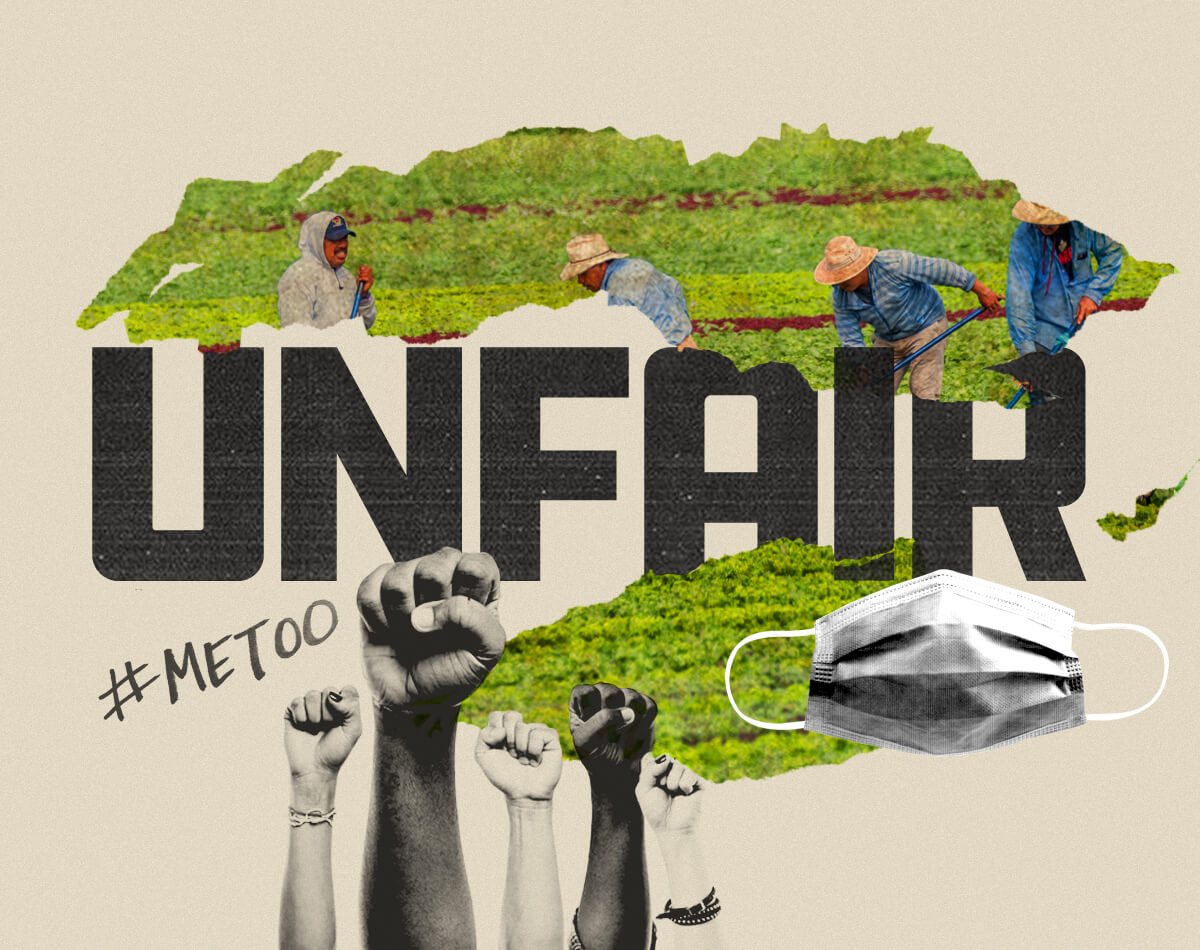
The Human Rights Lawyer
(who first spoke out for what’s not right as a kid, defending a mistreated substitute teacher in her Grade 5 classroom)
What she saw during the pandemic:
violations of the rights of migrant workers
What gives her hope:
when people in positions of authority acknowledge systemic racism
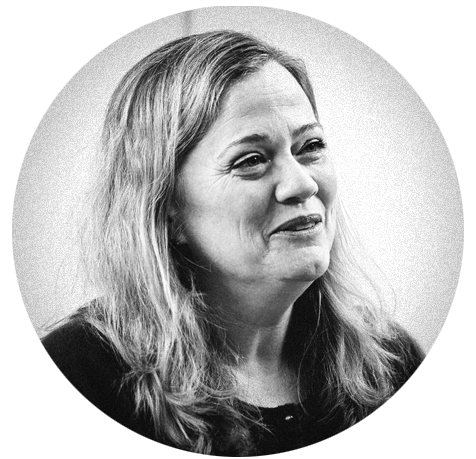
Working shoulder to shoulder. Sleeping in crowded quarters. No masks offered to help protect from an outbreak.
As details emerged about conditions leading to a surge of COVID-19 cases among migrant workers in Canada, Karen Busby [JD/81] felt compelled to bring her voice to the inequities among these temporary foreign employees on farms, in meat-packing plants and personal care homes.
“We should be ashamed at how we’re treating migrant workers—people who have come into this country to do jobs that no Canadians want to do. Conditions for them need to change,” says Busby. “Nobody took care to ensure they were protected against transmission of COVID-19 and I just find that shocking.”
A founding director of UM’s Centre for Human Rights Research, Busby believes in developing her students as “citizen lawyers,” frequently pulling headlines into the classroom, from the exploitation of sex workers to safe drinking water for First Nations.
She watched closely as the Black Lives Matter movement brought about early change in the United States and may prove to be COVID-19’s most enduring legacy. Knowing that a disproportionate number of essential workers are people of colour, Busby saw how decades-long cries for justice were compounded by recent coronovavirus pressures.
“People of colour, in both Canada and the United States, are killed fairly regularly by the police so why is the movement exploding now? I think it’s because everyone’s nerves are a bit frayed; mere politeness is falling away and people are saying, ‘Enough is enough. What have I got to lose? I’m going to take a stand on this,’” she says.
In Canada, for RCMP commissioner Brenda Lucki to go from not knowing what systemic racism is—an admission that was “quite astounding”—to acknowledging its existence in the force is “a step in the right direction,” notes Busby.
But among the wins, there are losses. She says the #MeToo movement may have fallen victim to COVID-19. The crusade had been maintaining its momentum when the pandemic knocked it from the media and political radar. It’s the repetition of Harvey Weinstein-like stories in our feeds that was driving home the message that the issue is systemic.
“Last winter, I was really more optimistic than ever that we would see sea change on violence against women…and it’s dropped off and that’s tragic.”
Equally disappointing was the abrupt shift away from progress involving the Indigenous justice and self-government agenda in Canada, she says.
Busby is curious to see how a COVID-19 vaccine will be distributed, anticipating there won’t be enough for everyone at first.
“That will be really interesting to see how that plays out.”
Karen Busby’s own work that got sidelined by COVID-19 includes conferences and workshops to talk about solutions for sexual violence on campuses. She cites that about one in four female students will be sexually assaulted while studying at a Canadian post-secondary institution. In spring, she and co-author Joanna Birenbaum released the book Achieving Fairness: A Guide to Campus Sexual Violence Complaints.
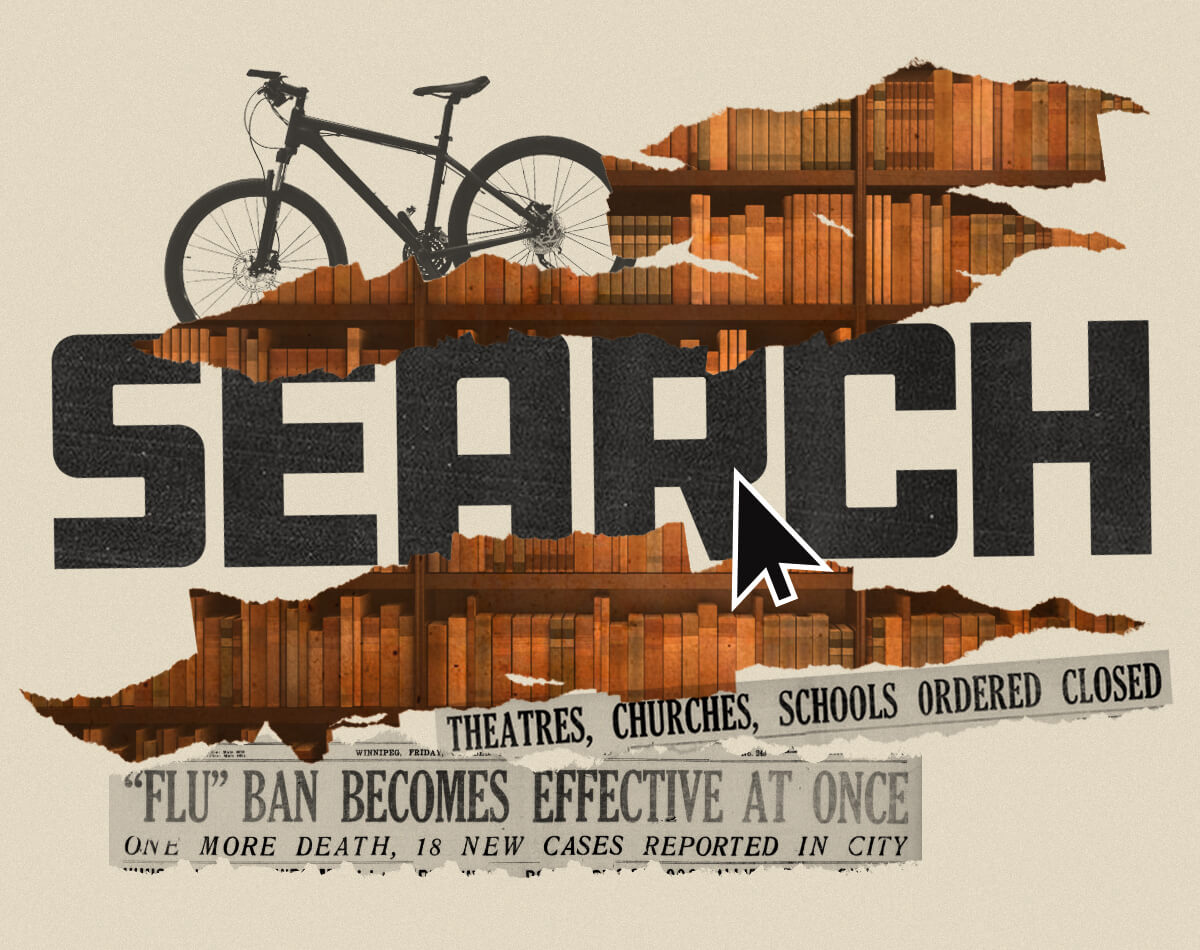
The Librarian
(with an adventurous streak, who once carried his bike on his back through the Grand Canyon, en route from Mexico to the Utah border)
What he saw during the pandemic:
a heightened urgency for knowledge sharing
What gives him hope:
“As a society, changes happen slower than we want. What are the new ways we’re going to interact? It’s not going to be the old way, but it might be a better way.”
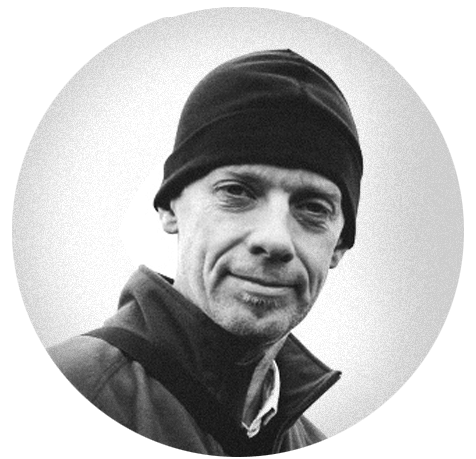
The thrill of the search has always pulled him in.
As a kid, Hal Loewen found what he didn’t know he was looking for in a book at his local library. The discovery, in full colour, was of the curious sport of driving motorcycles over rocks and logs and other obstacles without once putting a foot on the ground. He was in awe.
“Before the quick Google search, it was about librarians who were willing to collect things that were not just relevant and popular but to look at things outside, that opened up worlds,” Loewen says.
Today, faced with torrents of information, the role has more complex demands and, during a modern-day pandemic, greater urgency. Loewen is one of 10 librarians from the Neil John Maclean Health Sciences Library on the Bannatyne campus who teamed up with UM medicine students to search and cull reams of information about the emerging coronavirus to ensure Manitoba physicians and policymakers had the most-up-to-date evidence to guide patient care and decision making.
“There has been an explosion of information out there, and being able to search it effectively, with a critical eye, is so important,” says Loewen. “I think people still have a really traditional view of librarians, that we collect things and put things on shelves.”
For seven intensive weeks after the pandemic hit, they worked early mornings and late nights to design the most effective searches, exchanging strategies with librarians elsewhere in the world.
They sifted through and filtered thousands of journal articles, so students could quickly process and distribute them through a centralized website. With a virus so new, studies often look to the Spanish flu or more recent epidemics of severe acute respiratory syndrome (SARS) and Middle East respiratory syndrome (MERS).
“We needed to make sure that we’re able to give them things that are usable, that are refined enough and that better answer their questions,” says Loewen.
Questions like: What public health interventions were done in countries with the lowest fatality rates? What are the best contact tracing apps and what are the privacy issues? What is the transmission risk at fitness centres? How do universities re-open safely?
Loewen, who anticipates another push for answers as COVID-19 cases rise in Manitoba, sees a new challenge ahead in research dissemination. With lives on the line, there’s greater immediacy and, as a result, greater reliance on preprints, which is research that’s distributed but not yet peer-reviewed.
“People are looking for answers pretty quickly and they’re willing to try whatever is new and maybe not yet proven. It answers their immediate needs but is it the right piece of information?”
immunosuppressant (for a CancerCare Manitoba physician wanting to know the best ways to communicate with patients online, given there’s often difficult news to deliver)
What else the librarian/instructor is researching:
improved online teaching techniques. “Students are all turning off their video cameras during Zoom. There’s no dialogue that’s happening. And for us, as instructors, we’re talking into the black void.”
The last thing he Googled on his own time:
Tiny Desk Concerts (performances in an office by various musicians, from classical to contemporary.) “They’re really cool.”







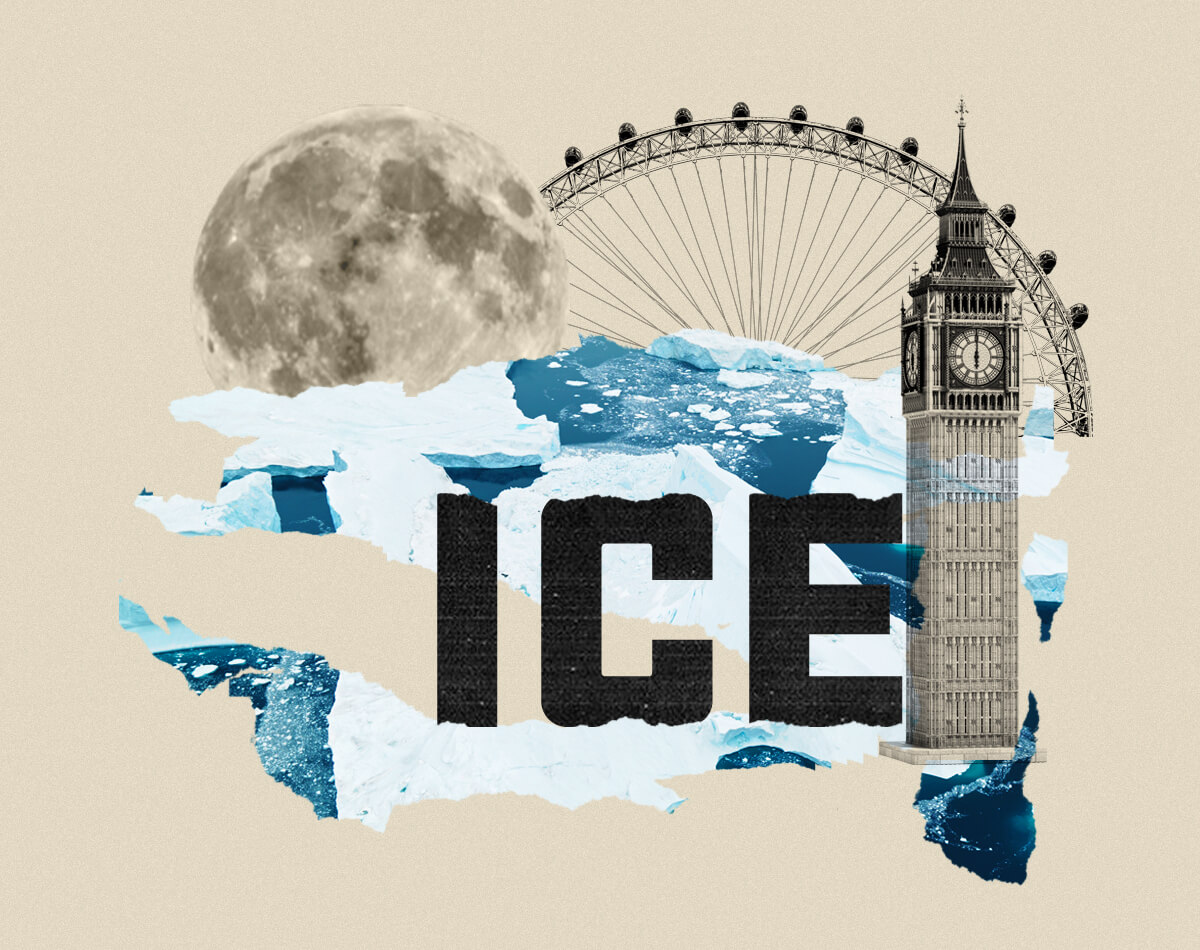
what a wonderful way to share your knowledge and experience
THANKS
Interesting way of transmitting these items. They can be read quickly, and you don’t have to pay the postage.
Is there fuller documentation available on these topics?
Thankls.
Love the illustrations!